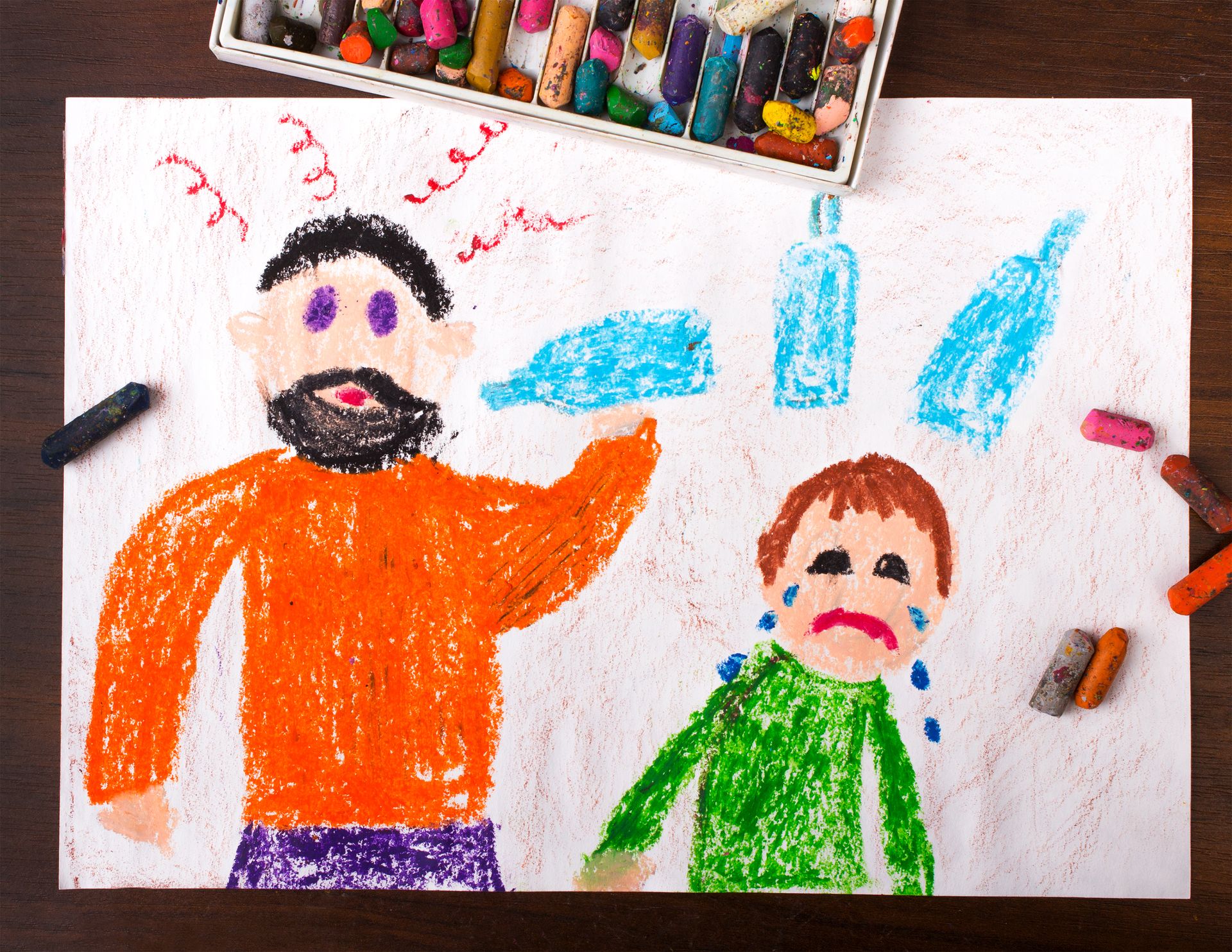Family Roles in Addiction: How They Can Help or Destroy the Process

Facing addiction is something most can’t do alone. The situation impacts those closest to the addicted – including family.
Although family members may provide endless love and care, they may not be equipped to handle the situation appropriately.
Family roles exist in the rehabilitation process. It’s the responsibility of each family member to understand where they stand and how they can fit into a particular position. Understanding each role and how they can negatively impact recovery is critical for proper addiction treatment.

Knowing Your Role
Even in a healthy family, members can fall into a “role,” which may contribute negatively to addiction recovery. Members of a family struggling with an addiction need to realistically approach recovery; this isn’t only by being honest to the family member who is struggling with addictive tendencies but themselves as well.
While particular members of the family tend to fall into the below roles, it may vary. The oldest child tends to be the hero and the spouse the enabler, but this can vary. It is essential for each member not to limit the roles below to set family members and instead accept the possibility that anyone can fall into any part.
The Enabler
In every family, there is at least one member who actively works to downplay an addicted family member’s behavior. Their efforts often lead to them trying to convince the entire family, even themselves, that the issue isn’t severe or even exist. The enabler tends to make excuses or refuses to accept the reality of the situation.
The Scapegoat
Any family can have a scapegoat; this is the person who regularly attempts to take the blame or carry the guilt for the addicted. The scapegoat will often pinpoint the root of the issue to their actions, using their shortcomings as their reasons leading a family member to struggle with addiction. It may stem from a sense of nobility, or the role can even be forced on them by other members of the family.
The Mascot
The term “mascot” comes from the fact that family members who take on this role often try to remedy negative feelings with comedy. Their main goal is to try and keep everyone smiling by making light of addiction. The need to do so typically comes from one’s vulnerability, as they can’t deal with the reality of the situation. Their attempt to keep the family laughing and smiling can often be a mechanism to shield them from the hard truth.
The Hero
The hero is the one who regularly sets and achieves goals to reassure the entire family that everything is normal. They feel that success will make up for the negative impacts addiction can have on the whole family. The hero is trying to make up for the issues associated with addiction by shifting the family’s attention to positive outcomes of tasks that are irrelevant to the problem.
The Lost Child
When everyone’s focus is dedicated to a family member who is struggling with substance abuse, the withdrawn or shy members can be forgotten. This is the family member who regularly keeps to themselves or demands the least amount of attention.
As a family deals with addiction, this member will often slip into the background in an attempt to become invisible. This is the family member commonly referred to as the lost child.
The Addicted
The addicted is naturally the individual struggling with substance abuse. Regardless of the addiction, this individual actively searches for issues or problems to reasons to justify another dose. It can be struggling with their daily life or even the actions of family members who fall into the roles mentioned above.
The family is their support system, and if that crumbles, the addict may struggle to reach real recovery. This is why their family members must work against their negative contributions to the matter actively.
Active Confrontation
Any family member may feel that they do fall into one of the “roles” mentioned above. If they do, it’s essential to identify the adverse effects have on the entire family and actively work to remedy them. As opposed to taking actions to reduce the impact addiction can have on a family, shield them from it, deflect it or even avoid it, it’s essential to challenge the matter with a head-on approach.
DayBreak is NOT just another drug rehab center – it is a treatment solution founded on the core principles of change. Relapse no longer needs to be a part of your story, call us when you are ready for a life rediscovered…844-447-3239
